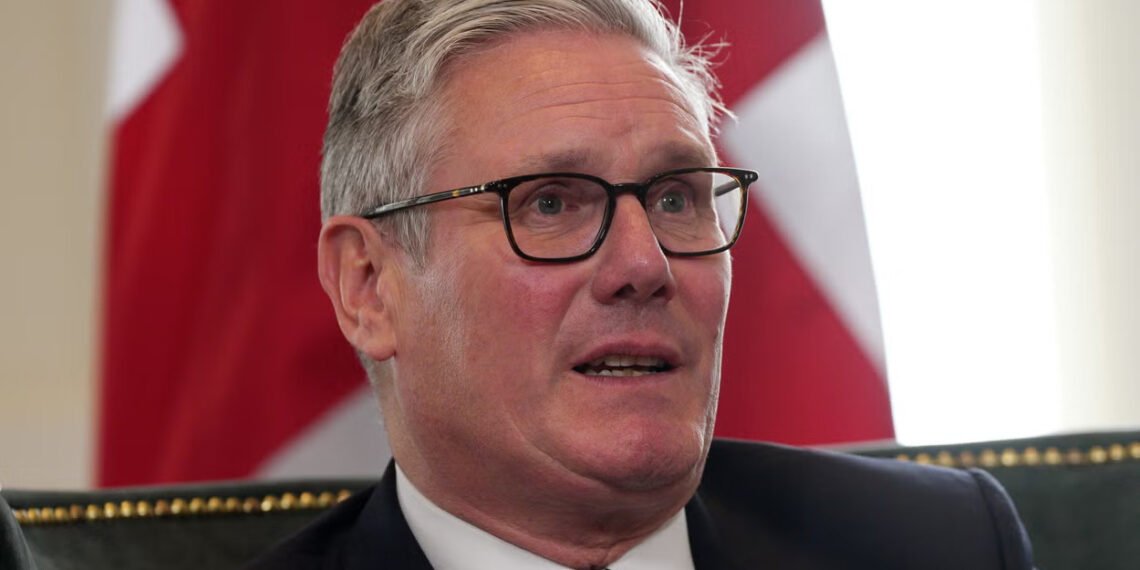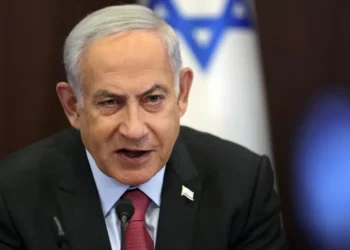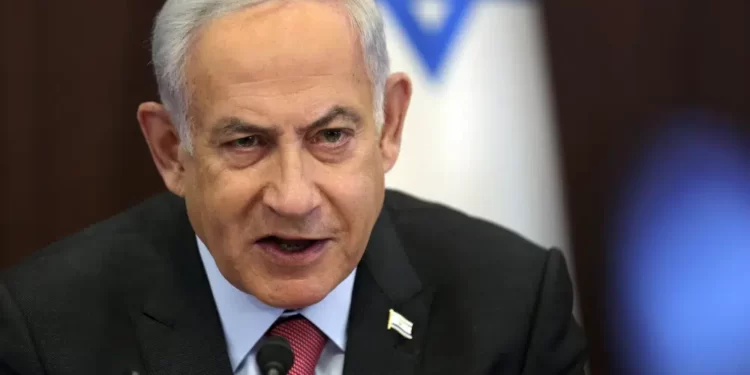Prime Minister Keir Starmer has signaled that the United Kingdom will formally recognize a Palestinian state in September, unless Israel takes concrete action to end its military tactics in Gaza.
The announcement follows an emergency virtual cabinet meeting where Starmer outlined a peace proposal reached over the weekend with French President Emmanuel Macron and German Chancellor Friedrich Merz.
According to a readout from the meeting, Starmer declared that “it had been this Government’s longstanding position that recognition of a Palestinian state was an inalienable right of the Palestinian people,” adding that such recognition would be part of “a process to peace and a two-state solution.”
However, he explained that the deteriorating conditions in Gaza and the lack of progress toward peace had forced a shift in policy. “Now was the right time to move this position forward,” he told his ministers.
Starmer announced that the UK intends to recognise the state of Palestine “in September, before UNGA,” unless Israel “takes substantive steps to end the appalling situation in Gaza, reaches a ceasefire, makes clear there will be no annexation in the West Bank, and commits to a long-term peace process that delivers a two state solution.”

The move is viewed as a diplomatic ultimatum aimed at pressuring Prime Minister Benjamin Netanyahu’s government to change its approach in the besieged Palestinian territory.
Cabinet Split Over Recognition Timing
The decision follows weeks of mounting pressure on Starmer to act. Within his cabinet, divisions emerged between those advocating immediate recognition and others urging caution.
Supporters of state recognition include Deputy Prime Minister Angela Rayner, Justice Secretary Shabana Mahmood, Energy Secretary Ed Miliband, and Foreign Secretary David Lammy. Mr. Lammy is currently in New York, where he is scheduled to address a conference on Palestinian statehood.
On the opposing side are Chancellor Rachel Reeves, Technology Secretary Peter Kyle, and Chancellor of the Duchy of Lancaster Pat McFadden, all of whom have ties to Labour Friends of Israel (LFI). This bloc expressed concerns that state recognition might inadvertently “reward Hamas.”
Starmer’s compromise, tying recognition to a series of Israeli policy shifts, was crafted to satisfy both factions while still asserting the UK’s intention to act decisively if necessary.
The prime minister’s stance received unexpected backing from President Donald Trump during a recent meeting in Scotland. The U.S. leader reportedly indicated he had no objection to the UK pursuing recognition of Palestine, effectively undermining the position of his own State Department.
U.S. Secretary of State Marco Rubio had previously expressed strong disapproval after President Macron announced France’s intention to recognise a Palestinian state. Rubio’s reaction was described as “angry” by diplomatic sources.
Labour Faces Electoral Pressure From Left
Domestically, Starmer is also navigating electoral threats from the political left. Jeremy Corbyn’s new party, bolstered by former Gaza independents, has shaken Labour’s base after ousting several senior Labour MPs in the last election and nearly defeating Health Secretary Wes Streeting and Justice Secretary Mahmood.
The growing momentum behind Palestinian statehood has also found cross-party support. More than 250 MPs from nine political parties have called for recognition, including over 90 newly elected Labour members.
Starmer’s pivot on the issue reflects both international and domestic pressure. While carefully orchestrated to avoid internal collapse, his decision signals a clear policy shift that could reshape Britain’s role in Middle East diplomacy.
Whether Israel responds with concessions or defiance remains to be seen. But with a September deadline looming, the stakes for both governments, and the future of peace in the region, have never been higher.
READ ALSO: Judge Rejects Adjournment, Limits Disclosures in NSB Case



















